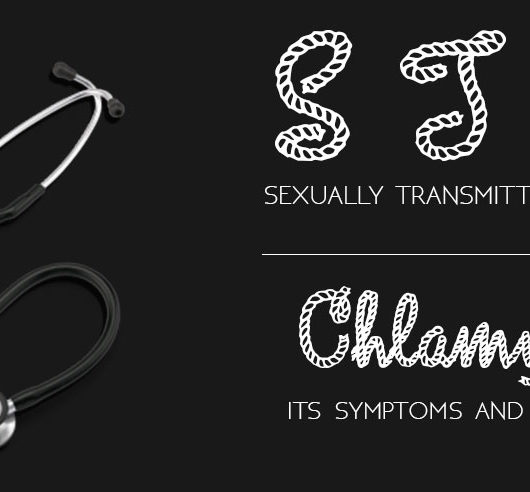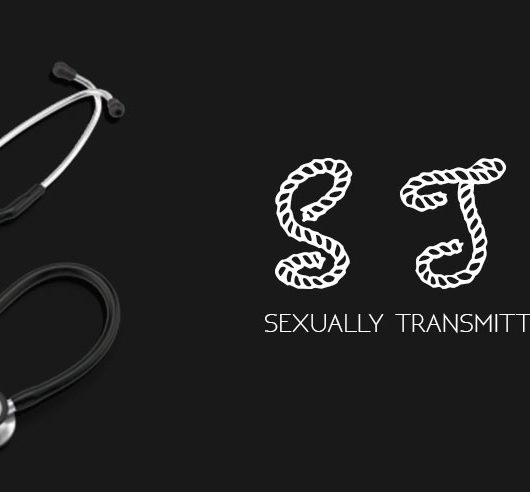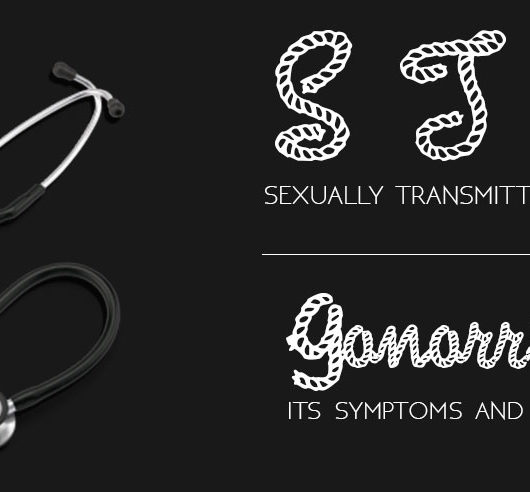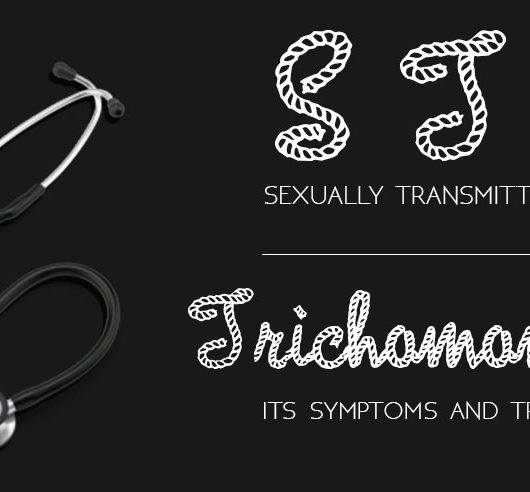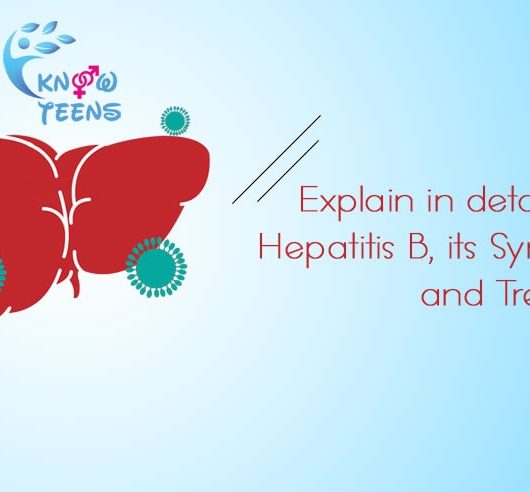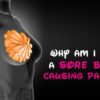What does the term “STD” or “STI” mean?
STD stands for Sexually Transmitted Diseases, while STI stands for Sexually Transmitted Infections. STIs are those infections that can be caused by germ (virus, bacteria or parasites) due to the contact of any body fluids between the affected person and a normal person. The body fluids can be anything: blood, semen (cum), pre-seminal fluid (pre-cum), rectal fluids, vaginal fluids, and breast milk. Whenever such body fluids of an infected person gets in touch with the mucous membrane, body fluids or damaged tissue of a normal person, the infection gets transferred. The mucous membranes are generally found in the mouth and the sexual organs. Since the infections are predominantly transmitted from one person to another through sexual contact such as vaginal, anal & oral sex, they are referred to as STIs.
The STIs can lead to certain health complications ranging from simple discomfort to serious illness, sometimes fatal. Though the terms are used interchangeably, they are different to a certain extent. The cause of the STD is due to the STI, but not all STI will result in STD. It is observed that the STIs usually do not show any initial symptoms and hence there is a risk of transferring the infection to another person; especially, for a person who is involved in sexual contacts with multiple partners. Some STIs are also transferred to the baby of the pregnant woman or or through shared usage of needles or syringes who is infected by STI.
See Also: Some facts regarding the Sexually Transmitted Diseases (STDs)
The origin of the STI/STD is still not known. Some believe that the microbes are self-developed due to the unhygienic conditions around the genital area. While some others believe that they are transmitted from animals. Currently there are about 30 different STI germs, in which 8 of them are known to convert into STDs. Among the eight common types of STDs, Syphilis, Gonorrhea, Chlamydia and Trichomoniasis are currently curable; if not treated, can lead to death, infertility, birth defects and miscarriages. Hepatitis B, Herpes Simplex Virus (HSV or herpes), Human Immunodeficiency Virus (HIV), and Human Papillomavirus (HPV) are not curable, but the symptoms can be reduced. Women and children are more prone to the risk of STI/STD than men leading to permanent consequences.

